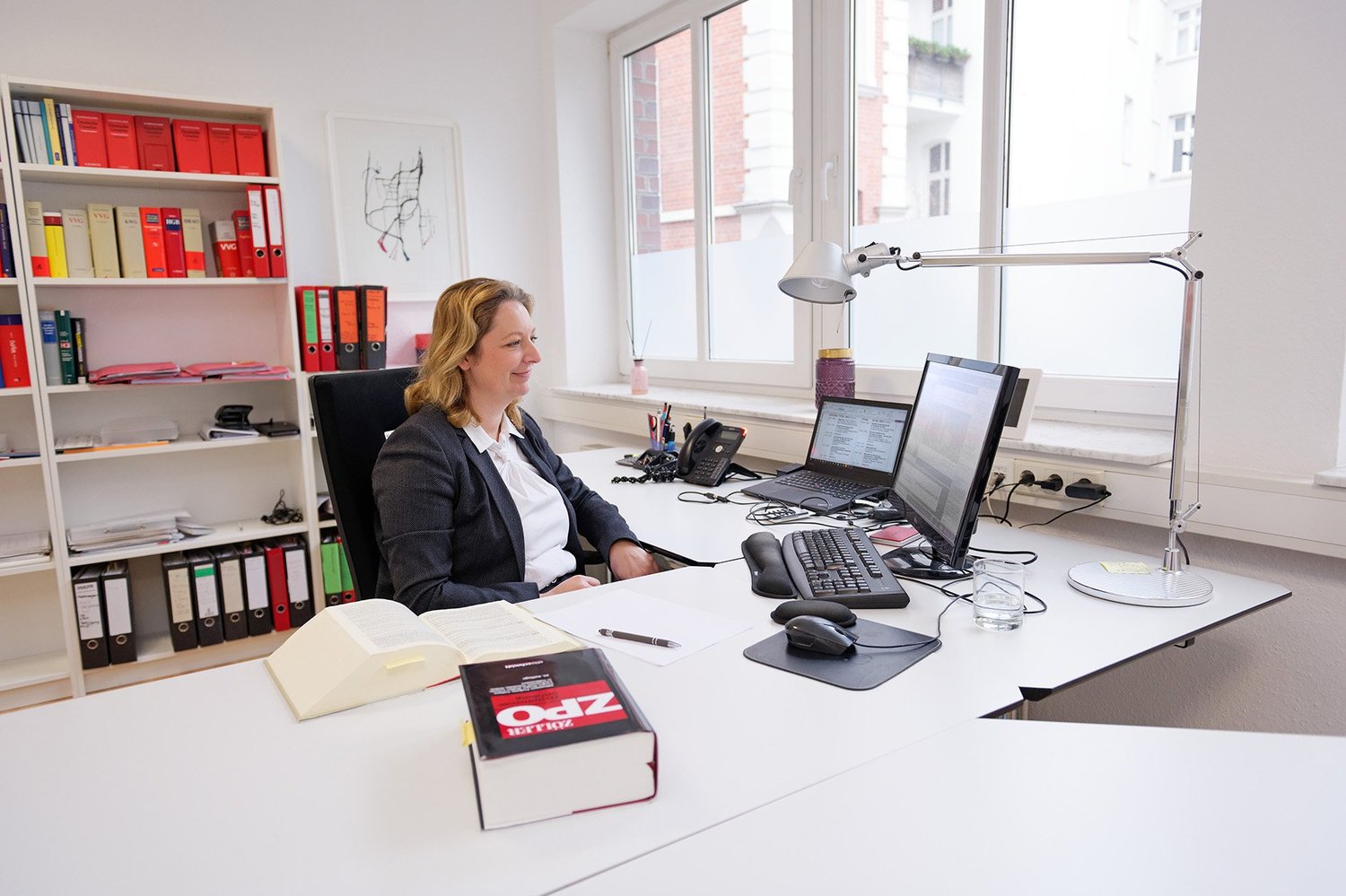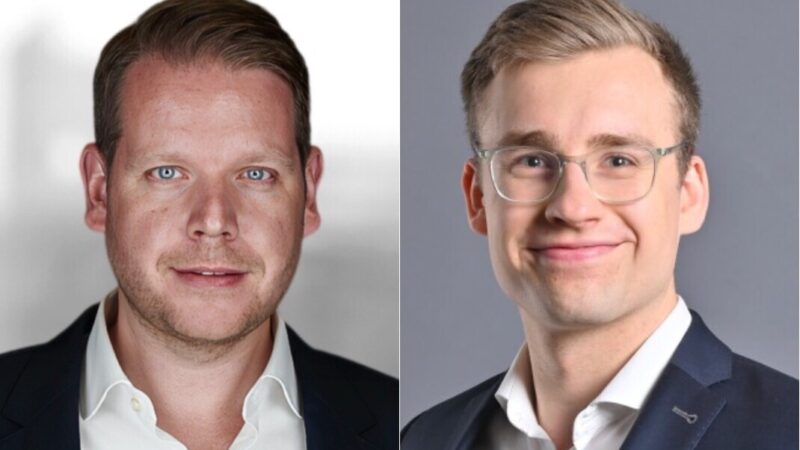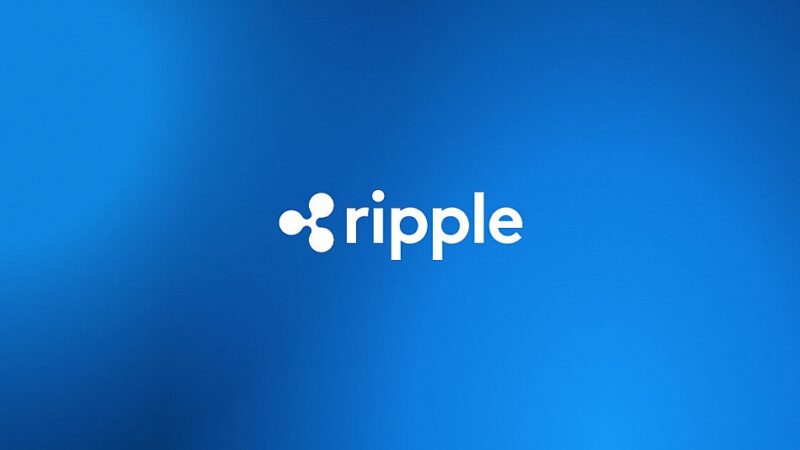Micar license for Crypto.com? A step backwards when it comes to consumer protection

The Crypto.com crypto handle platform positions itself as a leading provider in Europe, but has no approval of BAFIN for active market participation in Germany. Such was necessary until December 31, 2024 to be able to offer the crypto custody business in Germany.
Since 01.01.2025, the European Directive MICAR (Ordinance EU 2023/1114 of the European Parliament and the Council of May 31, 2023 on markets for crypto values). After that, it is now sufficient if a company based in the EU that provides crypto value services receives approval in its country of origin. In order to be allowed to operate the crypto -custody business in Germany, only a message to the supervisory authority of the state of origin must be given in which member states of the EU the crypto service is to be offered. BaFin has no longer received its own approval since December 31, 2024 for companies approved in the EU.
According to his own messages, Crypto.com is said to have received admission according to Micar in early January 2025 of the Maltese financial supervision. In November 2024, “CoinTelegraph” previously reported that the Polish financial supervisory authority (KNF) issued a public warning of Foris Dax MT (Crypto.com) because it carried out unauthorized financial activities in Poland. That is why it is all the more deprivation if Crypto.com have now received permission according to Micar despite the fact that they have been unauthorized in various countries of the EU, but at least in Germany. In any case, this is not advanced consumer protection.
Crypto.com and the Foris Mt Malta Limited are repeatedly related to cases of cryptocurrency fraud. The fraud patterns typically begin with fake advertisements, often through AI generated videos, in which supposed prominent profits promise quick profits through cryptocurrencies. Clients are motivated to contact this advertisement and then receive calls of supposed investment advisors from London or Austria, which request a first amount of € 250. After payment, the victims receive access to a fake trading platform on which fictional profits are displayed in order to move them to further investments.
In the known cases, an account was then set up at Crypto.com, through which the fraudsters received access using tools such as Anydesk. The funds then usually flowed through the financial service provider OpenPayd Financial Services Malta Ltd. at Crypto.com and were transferred to so -called “trading accounts”, which later turned out to be fraudulent platforms. The Foris Mt Limited or Crypto.com claims not to have had any influence on the fraud in all cases. In any case, the fraudsters always – without the intervention of the investors – opened a trading account at Crypto.com in the name of the investors and had access to this trading account. This means that an effective fraud prevention by Crypto.com cannot be mentioned if one wants to believe the claims of Crypto.com that they themselves had no knowledge of the fraudulent processes on their platform.
In any case, according to the provisions of the Micar, companies that offer crypto farm services must protect their customers from fraudulent activities on their platforms. In any case, there can be no question of such protection in the past. It is hoped that the cryptocurrency fraud in the future will decrease in the integration of Crypto.com under the applicable provisions of the Micar. With regard to the apparently lax examination of the Maltese financial supervision, despite the approval underlying, the coveted Micar license, despite the rights of admission, may be doubted.
In any case, I submitted a lawsuit against the managing director of Crypto.com before the LG Düsseldorf in 2024 for compensation for violating the old admission rule of § 32 KWG, the current Micar license game here was no longer.





